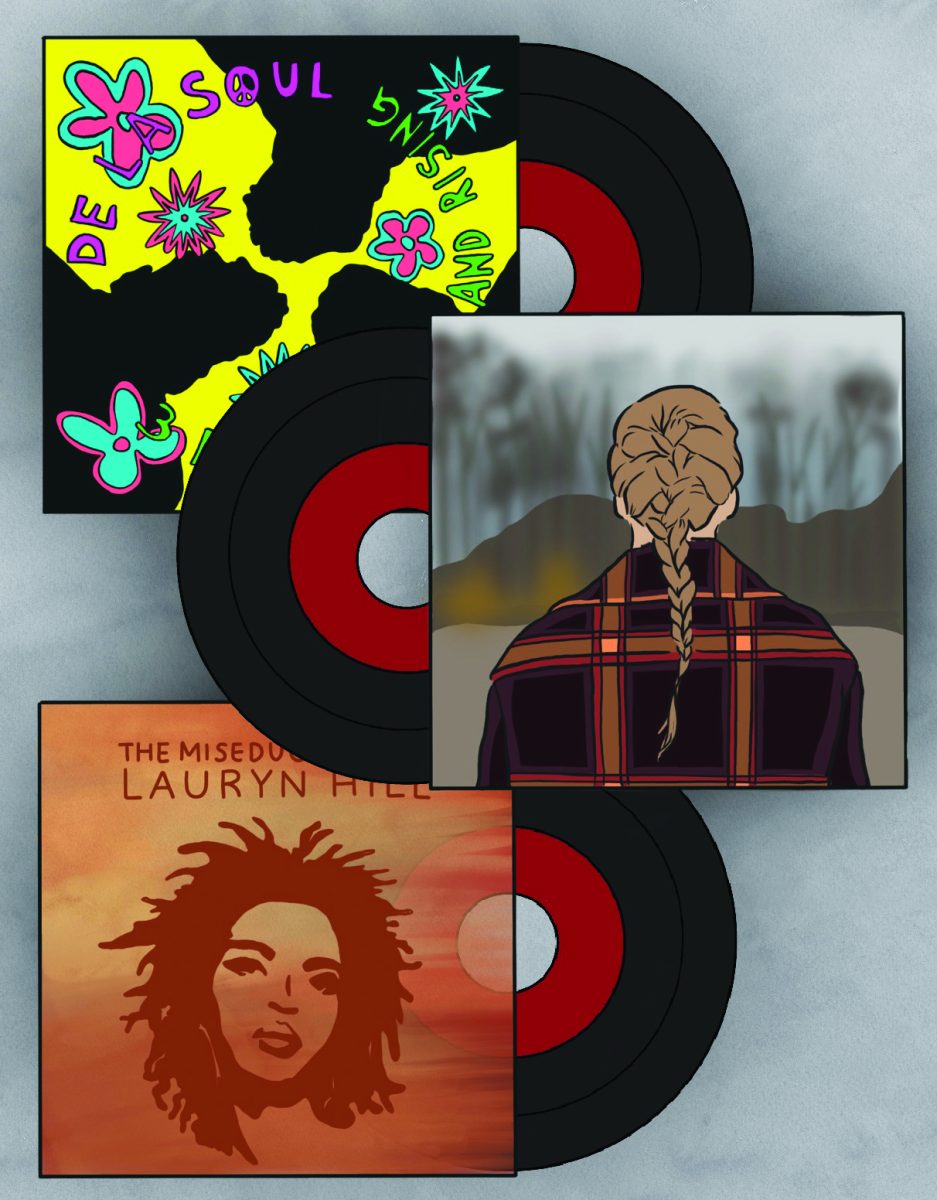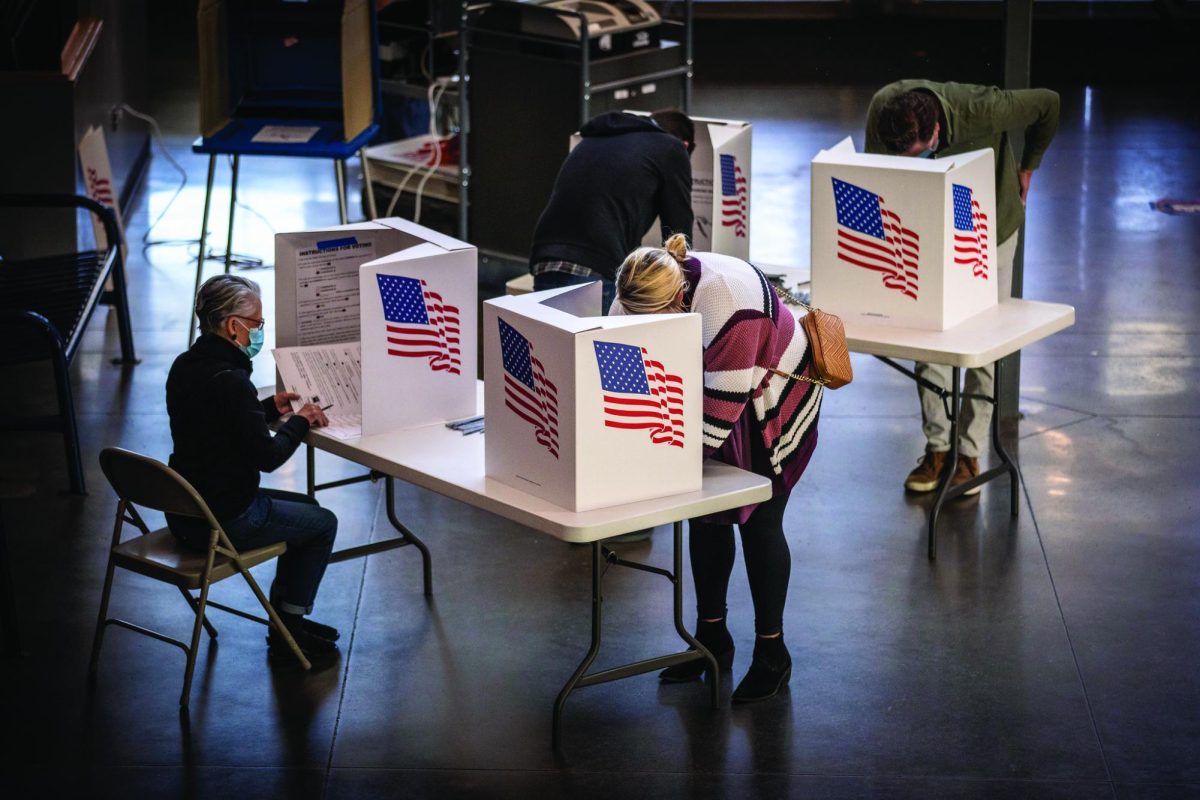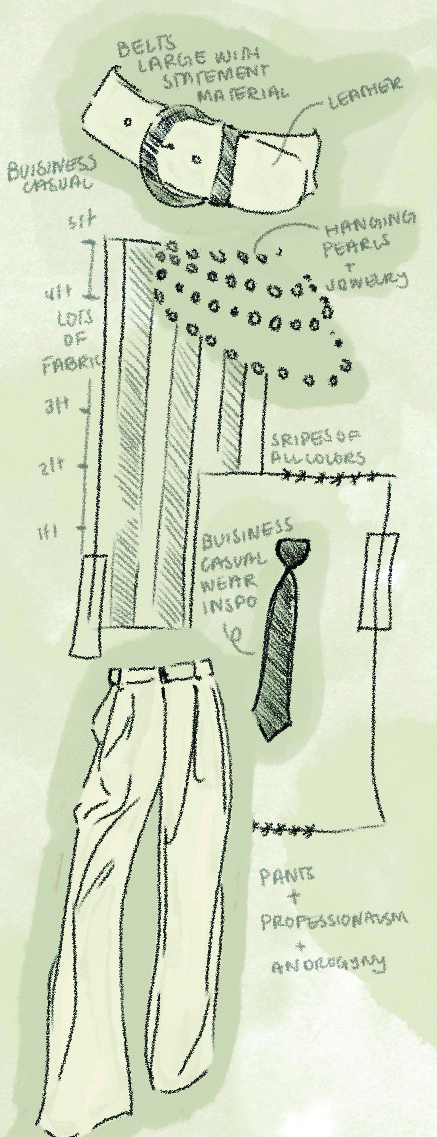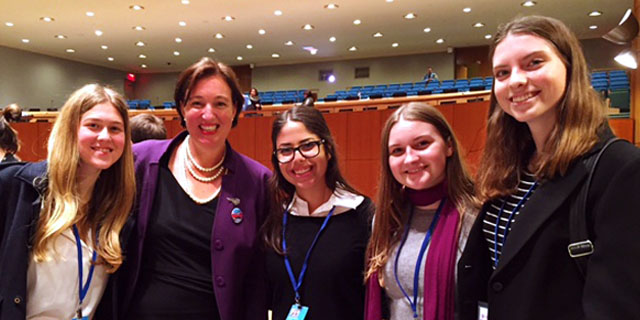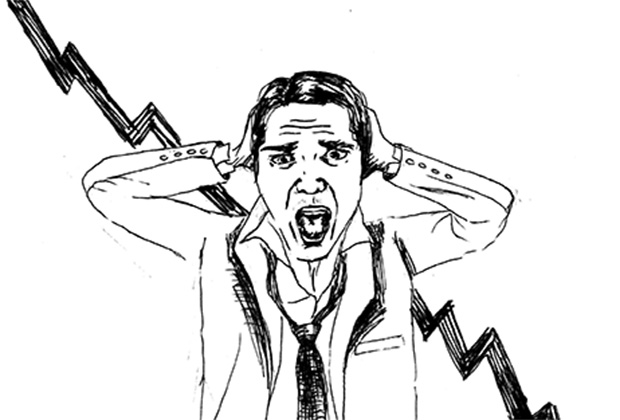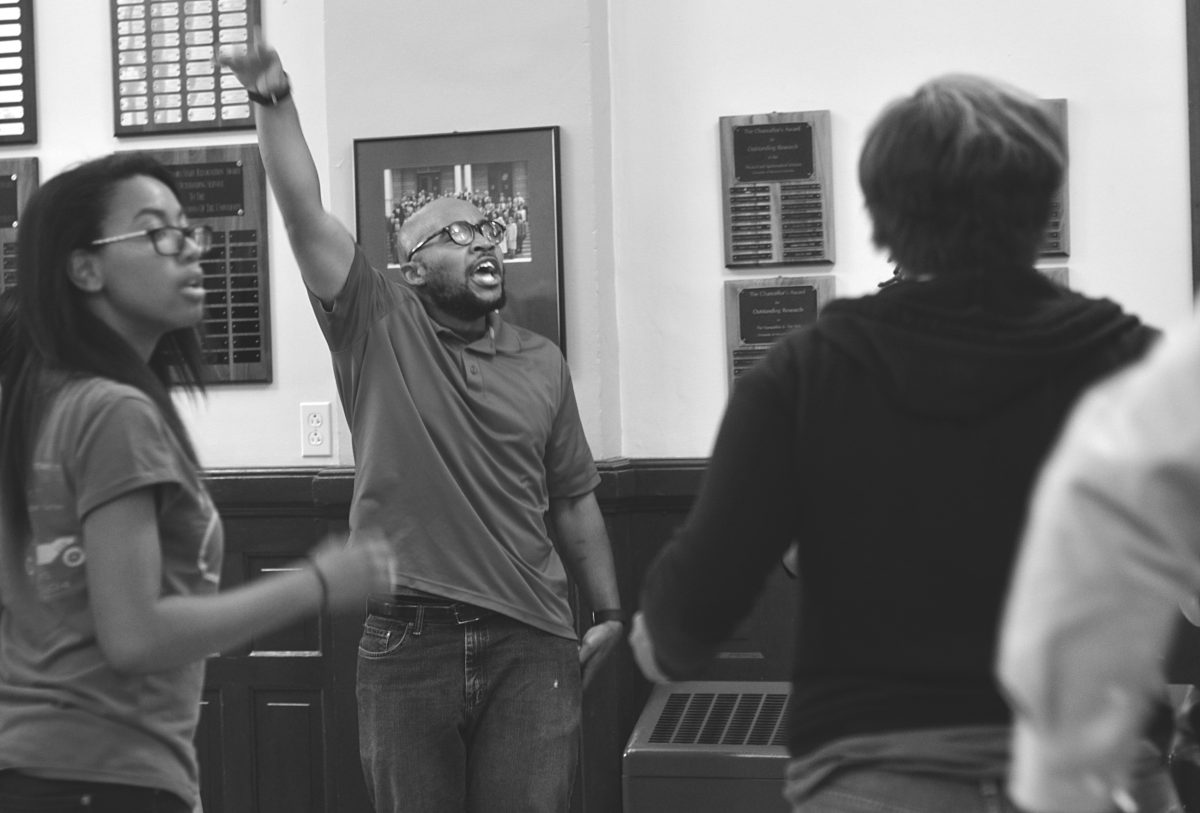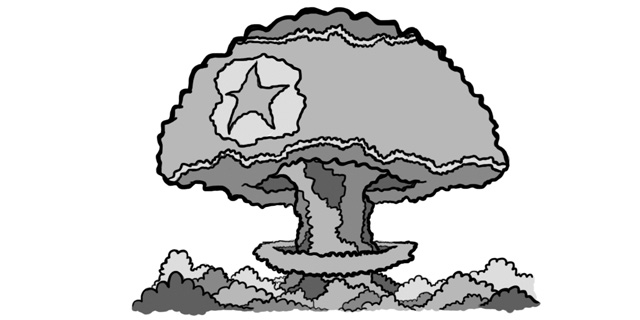
After 9/11, terrorist groups such as al-Qaeda and the Islamic State of Iraq and Syria (ISIS) have increased their jihadist attacks against the western world. Recently, countries such as America, England and France have suffered many casualties in attacks that strive to make more of an impact than just a death count.
The Boston Marathon bombings of 2013, the stabbing of England Parliament member Stephen Timms in 2010 and the Fort Hood shooting of 2009 all have ties to radical Islamic groups. And, once they have caught the interest of the media, these groups’ ideas and intentions become the center of attention. Their rhetoric becomes easily available for all on the Internet via news sources, enabling dangerous jihadist beliefs to spread.
An essayist for The Economist wrote about the increasing difficulty Western security agencies face in protecting their countries against this new type of terrorism. Especially when dealing with their new type of attacks, known as “commando-style,” which are when attacks are easily and discreetly planned.
“[Commando-style attacks] may not kill as many people as blowing up an aircraft, but the ‘propaganda of the deed’ is achieved by paralyzing ordinary life in a big city and dominating 24-hour news channels,” the article stated.
An example of this new type of terrorist attack would be the recent shooting on Wednesday Jan. 7 at the satirical Parisian magazine, Charlie Hebdo. The terrorist organization that has claimed responsibility for the attack is al-Qaeda in the Arabian Peninsula (AQAP), which, according to Time magazine, is one of the more powerful branches of al-Qaeda. The branch resides in Sana’a, the capital of Yemen, and the U.S. is currently in a battle to rid them of the area through the use of drones and the training of Yemeni armies.
According to The New York Times, this Yemeni branch of al-Qaeda has been gaining a reputation as a force to be reckoned with for more than five years. The Times claims that Anwar al-Awlaki, an American turned Islamic extremist, is the mastermind behind these years of terror. Even though a C.I.A. drone strike killed him in 2011, through the Internet and social media, his legacy has lived on.
His online magazine Inspire and YouTube channel have provided the perfect platform for jihadist rhetoric and instructions on how to assemble bombs and shoot guns. The use of the Internet in order to relay information is useful because they can reach people around the world. In addition, these pieces of propaganda are written in English, “the language of global commerce,” to attempt to convert and appeal to as many people as possible.
This easy access towards AQAP material has proven lethal, as Dzhokhar and Tamerlan Tsarnaev, the brothers accused of plotting the bombing of the Boston Marathon in 2013, learned how to make bombs from the terrorist group’s magazine.
The major news channels all followed the Charlie Hebdo incident and kept the attention on the brother shooters, spreading AQAP’s ideas far and wide in Western countries without the group using another bomb.
With this new-age media-controlled terrorism, some reactions and responses from western countries, especially America, are quick to undermine the entire Islamic religion and equate it with terrorism.
As defined by the Merriam-Webster dictionary, terrorism is “the use of violent acts to frighten the people in an area as a way of trying to achieve a political goal.” It is has no direct connection to the radical Muslim terrorist groups, as terrorism can exist without religious affiliations.
After the Charlie Hebdo attack, French Muslims have suffered insults and prejudice because of their religious affiliation, according to The New York Times, especially after the Prime Minister Manuel Valls asserted in a speech that France was now at “war against jihadism, against radical Islam.”
France has the largest Muslim population in Europe, reaching just over 7% of the population, according to a 2010 study done by Pew Research. Hassen Farsadou, the president of the Union of Muslim Associations of Seine-Saint-Denis explained that he is worried about the lives of peaceful Muslims.
“It’s the rest of us who are paying the bill—that’s the problem now, and we fear it will be a problem in the future. The Muslim community is very afraid,” Farsadou said in an interview with The New York Times.
In an interview with CNN, President Barack Obama expressed that he will not label the war against terrorists as a religious war in order to help the public understand that the majority of Muslims do not, in fact, support groups such as ISIS or al Qaeda and to not overplay the threat of these terrorists organizations.
“The truth of the matter is that they can do harm. But we have the capacity to control how we respond in ways that do not undercut what’s the essence of who we are. That means that we don’t torture, for example, and thereby undermine our values and credibility around the world,” Obama said. “It means that we don’t approach this with a strategy of sending out occupying armies and playing whack-a-mole wherever a terrorist group appears because that drains our economic strength and it puts enormous burdens on our military.”
The 2014 film American Sniper depicts the story of Chris Kyle, a popularized veteran of the Iraqi War, and it has generated at least $200 million in the box office so far. Some, such as Lorraine Ali from the Los Angeles Times, claim the film’s popularity can be attributed to the fact that Kyle’s Islamophobic narrative is similar to many Americans’ beliefs and that it romanticizes the war’s killings, making Americans feel better about the Iraq war.
Ali critiques the film’s depiction of Iraqis: “The bigger problem here is that the Iraqis in Eastwood’s production are mere props, grizzled monsters who torture children with drills, swarthy insurgents who proliferate like cockroaches, bumbling, hapless victims who can barely string a sentence together let alone protect themselves.”
Similarly, Richard Corliss, a writer for Time magazine, reports about Sniper’s “tribute to a U.S. hero.”
“The movie’s Chris Kyle has no qualms about killing the ‘savages’ in his rifle sight. Sniping is a job he does brilliantly, for God and country, and he loves what he does so well,” Corliss explains.
These cases of Islamophobia in the media reflect real life interactions and persecutions against Islamic people. On Feb.10, three muslims were shot in Chapel Hill, North Carolina by Craig Stephan Hicks in a potential hate crime; the husband, wife and sister allegedly killed because of their religion.
Currently, the authorities are investigating the incident as an angry outburst over a parking spot and not as a hate crime, according to The Huffington Post. Hicks was indicted Feb. 16 for three accounts of first-degree murder and faces a potential North Carolina death penalty. Phyllis Gerstenfeld, a professor at California State University, Stanislaus, said in an interview with The Huffington Post that it is unlikely that the jury will try to add hate crime charges on top of the murder charges. She explains that hate crimes are extremely difficult to prove and require “motive beyond a reasonable doubt.”
Catrin Nye, a reporter for BBC, spoke out in support for World Hijab Day, which occurred on Sunday, Feb. 1, and encouraged anyone to try wearing a hijab, a headscarf that symbolizes modesty, worn mostly by Muslim women.
“For many people, the hijab is a symbol of oppression and divisiveness. It’s a visible target that often bears the brunt of a larger debate about Islam in the West,” Nye states. “World Hijab Day is designed to counteract these controversies. It encourages non-Muslim women (or even Muslim women who do not ordinarily wear one) to don the hijab and experience what it’s like to do so, as part of a bid to foster better understanding.”
Obama, in this same vein of thinking, encouraged a very skeptical outlook towards these organizations: “What I do insist on is that we maintain a proper perspective and that we do not provide a victory to these terrorists networks by over-inflating their importance and suggesting in some fashion that they are an existential threat to the United States or the world order.”

